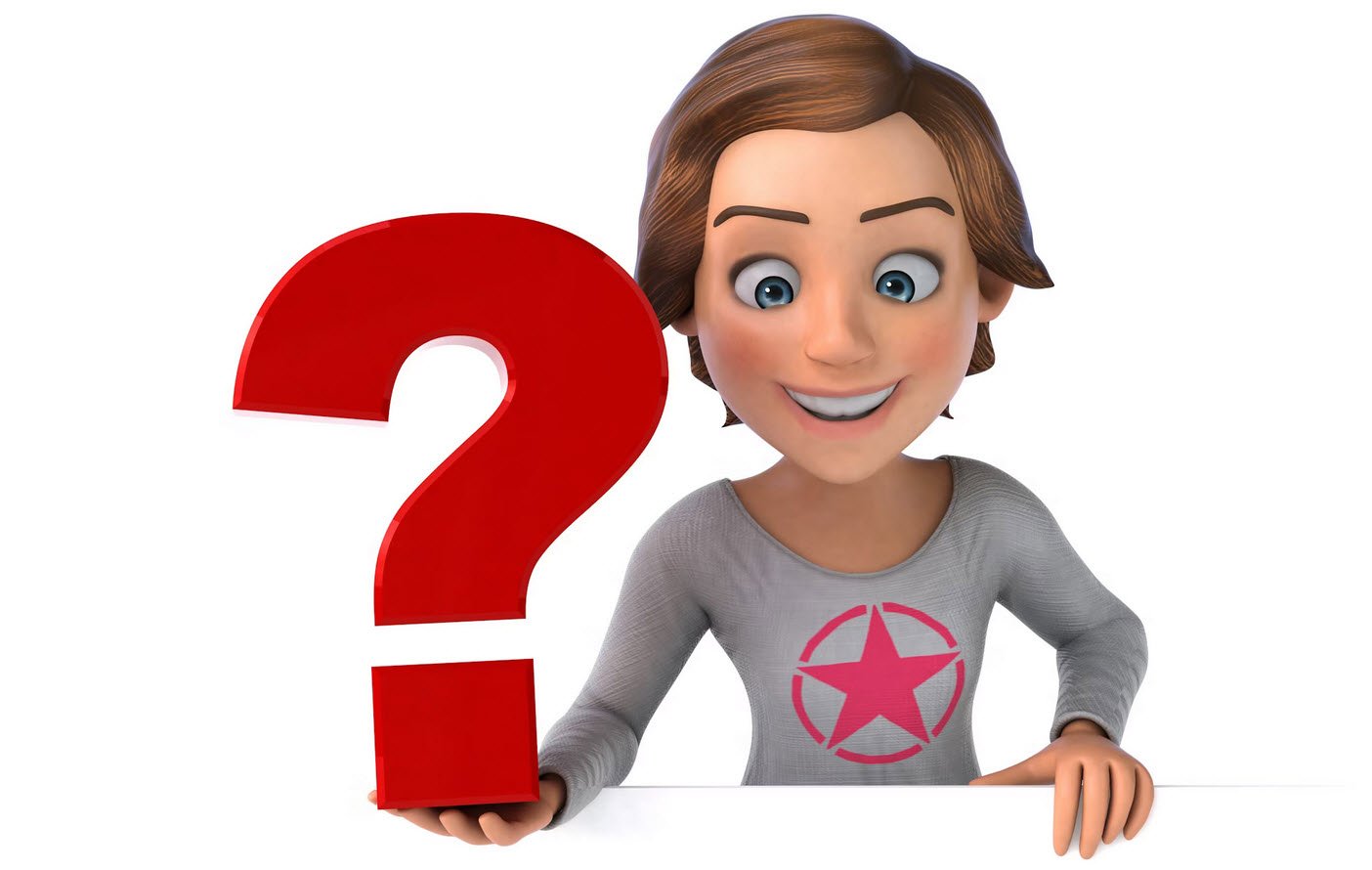
In the complex world of marketing and consumer behavior, understanding the emotions that drive purchasing decisions is crucial for businesses to effectively connect with their target audience. Emotions play a significant role in influencing how individuals perceive products, make purchasing choices, and establish brand loyalty.
Here are nine key emotions that have a profound impact on consumer behavior and can ultimately drive individuals to make a purchase.
1. Fear
Fear is a powerful emotion that can trigger action. In the realm of marketing, fear can manifest as the fear of missing out (FOMO), fear of scarcity, or fear of potential consequences. Advertisements often leverage fear to emphasize the urgency of a purchase, convincing customers that they need a product to mitigate a perceived threat or loss.
2. Trust, Power, and Social Proof
Trust and credibility are essential factors influencing buying decisions. Consumers tend to trust brands and products that have a positive reputation, expert endorsements, or strong social proof in the form of reviews and testimonials. Additionally, portraying a product as a source of empowerment or a tool for enhancing social status can invoke the desire to purchase.
3. Value and Gratitude
Customers appreciate feeling valued and appreciated by brands. Discounts, special offers, personalized messages, and loyalty programs can evoke a sense of gratitude and incentivize customers to make purchases. Perceiving value in a product or service often leads to a positive purchasing decision.
4. Belonging, Community, or Peer Pressure
Humans are social creatures, and the desire to belong and be accepted is a fundamental emotion. Marketing strategies that emphasize community, social acceptance, or peer pressure can be highly effective. Messages highlighting how a product aligns with a group’s values or how owning it can enhance social standing can drive individuals to buy.
5. Curiosity, Excitement, Novelty, Anticipation
Curiosity and excitement about new experiences or products can stimulate purchases. Innovative or novel products often pique curiosity and anticipation, encouraging customers to explore and try something new. The element of surprise and the promise of an exciting experience can motivate individuals to make a purchase.
6. Guilt (Reciprocity)
The principle of reciprocity is a strong motivator for consumer behavior. When a brand offers something for free or goes the extra mile in customer service, individuals often feel obligated to reciprocate by making a purchase. This sense of guilt or obligation can lead to increased sales and customer loyalty.
7. Anger
While not often used, invoking anger or discontent with a current situation can motivate individuals to seek a solution, which can be the product or service being marketed. Demonstrating how a product can address a source of frustration can resonate with potential customers and drive them to make a purchase.
8. Competition
Competitive spirit can fuel purchasing decisions. Promotions or campaigns that involve competitions, challenges, or limited-time offers can create a sense of urgency and competition among consumers, compelling them to purchase to gain a competitive advantage.
9. Love and Likeability
Creating emotional connections through love, warmth, or likeability is a powerful strategy. Emotional branding and storytelling that resonate with consumers on a personal level can lead to a strong emotional bond with the brand, ultimately influencing purchase decisions.
Understanding and effectively leveraging these emotions in marketing strategies can significantly impact consumer behavior and drive sales. Successful marketing campaigns tap into these emotions strategically, crafting messages that resonate with the target audience and compel them to take action, ultimately contributing to the growth and success of businesses.
You may also like:- 10 High-ROI Activities to Accelerate Your Career and Live a Happier Life
- 22 Powerful Open-Ended Questions to Ask a Woman
- 10 Rules That Will Make You Dangerously Confident
- 10 Dangerous Signs of Weak Men
- 50 Masculine Truths 98% of Men Don’t Know
- 13 Fashion Tips To Make You More Appealing To Women
- 12 Things a Father Must Say and Teach to His Son
- 26 Signs You Might Be a Sigma Male
- 17 Psychological Tricks of a Bad Boy That Instantly Hypnotize Any Woman
- 15 Ways to Be the Best at What You Do








